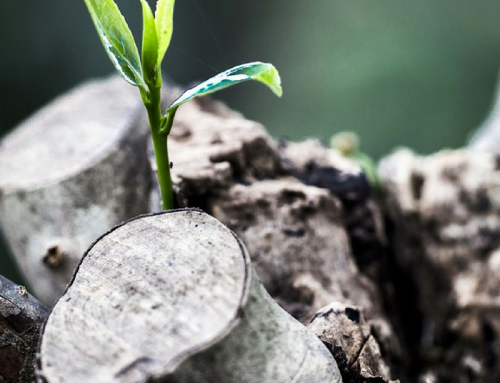If you’ve made the choice to find the satisfaction of enough for today in your life, welcome to the Postconsumers crew! Resisting the media machine of mass consumerism can be difficult at times, but the rewards are priceless. Knowing what’s enough for you is a powerful lesson to learn, and one that you can pass down to your kids as they start on their own life journey. Of course, giving life lessons to your kids can be difficult, no matter their age. They’re going to be bombarded with messages not only from the media, but also their friends and other parts of their families. As kids head back to school, it’s time to start thinking about what Postconsumer lessons you’ve learned and how education isn’t just about schoolbooks and chalkboards. The life lessons you’ve learned outside of the classroom are the perfect supplement to your child’s education. Teaching your kids how their education can be a part of finding their own satisfaction of enough will give them solid building blocks for the rest of their lives!
Being Mindful
We’ve talked about being mindful before here at Postconsumers, and the phrase usually conjures up thoughts of meditation or prayer, but being mindful means being aware of all parts of life:
- Money: Depending on your child’s age, teaching your kids to be mindful of where their money is going is a solid lesson to teach. When they’re really young, they learn about numbers – it’s the perfect time to explore how much things cost, what they add up to when you’re going to the store, and even how to share things with their friends at school. As they get older, if they are given an allowance, teaching them how to budget that money will give them an early start on how to use it wisely. When they get to high school, working a part-time job ups their responsibility as well as kickstarts their experience in the workplace. It’s also a perfect time to teach your teens about the effects of the media on what they and their friends buy.
- The Environment: With the wealth of resources on the Internet, greening up your home has never been easier. And with your kids, you can have them help you get into the green habit while they learn about how they can reduce their own carbon footprint when they’re out in the world. From small things like starting a compost or making recycling bins, to bigger things like making a little garden or even changing up diet habits in the house can create more earth-mindful people.
- Living Life: Many of the satisfaction tips we’ve provided in the past revolved around taking time out for yourself and taking time out to enjoy what the world has to offer (while being responsible, of course!). It’s understandable to walk a fine line with kids about what satisfaction should mean to them – after all, you want them to know freedom along with the all-important responsibility. But teaching them lessons about slowing down and trying to enjoy their youth while they can is still important. Giving them positive memories when they’re kids always gives them something they can carry with them for the rest of their lives.
Realizing “Enough”
As Postconsumers, it takes a lot of time to realize what’s enough for you in your own life, so it’s not something that just happens as an “ah ha!” moment overnight. Like life itself, “enough” for today is a learning process that doesn’t have a definite timetable. While the kids are in school, they’re going to witness the effect of consumer media on their friends and classmates. As parents, you are the first examples those kids will see, and the decisions you make at home can have a big impact on kids’ behavior. But give your kids the space to be who they are in the process – just like you, they’re still figuring out what’s enough for them. They’ll have questions that only you as a Postconsumer might be able to answer, but you’ll also be the example that gives them building blocks to finding the satisfaction of enough.
What kind of Postconsumer lessons would you teach your kids? Like us on Facebook and tell us what they are!
Photo via Flickr Creative Commons: Dan Zen





